calsfoundation@cals.org
The State of Arkansaw
The ballad, or narrative folksong, usually titled “The State of Arkansaw” has been a principal exhibit in Arkansas’s recurrent laments about its disreputable image. It is a clear example of the expressive culture of the late nineteenth century that depicted Arkansas pejoratively.
The story, which the ballad relates in first person, has its protagonist—known by several names, including “Sanford Barnes” and “John Johanna”—leave his home, most frequently “Buffalo town” or “Nobleville town,” to seek employment. He hears of job opportunities in Arkansas, sets out by railway, and arrives in an Arkansas community, variously identified as Fort Smith (Sebastian County), Van Buren (Crawford County), Little Rock (Pulaski County), or Hot Springs (Garland County). There he meets a “walking skeleton” who conducts the narrator to the state’s finest hotel. One night in these accommodations convinces him to leave Arkansas immediately. His host, though, persuades him to take a job draining some land. Several weeks of hard labor in an ague-producing climate subsisting on the poorest rations (“corndodgers” and “sassafras tea”) have the narrator claiming, “I never knew what misery was till I came to Arkansas,” a refrain for several of the ballad’s stanzas. In some versions, he prefers marriage to a “squaw” in Indian Territory to life in Arkansas.
The earliest printed text of this song may be that which E. C. Perrow published in Journal of American Folklore in 1913. The earliest sound recording is probably the one by Kelly Harrell and the Virginia String Band, done in a studio in Camden, New Jersey, in 1927. One of Vance Randolph’s Ozark consultants, however, suggested that he knew the song from the 1890s. Writing in Arkansas Historical Quarterly, Robert Morris proposed an earlier origin date, in the 1870s. Several commentators, including Library of Congress folksong researcher Alan Lomax, hypothesized that the song was of Irish-American origin. It does bear some resemblance to “The Spalpeen’s Complaint to the Cranbally Farmer,” which Patrick Weston Joyce published in 1909. Ballad scholar D. K. Wilgus reported a text of the song from Ireland and proposed that it had originated there and was imported to the United States in the late nineteenth century.
When G. Malcolm Laws created his catalogue of what he called “native American ballads,” he included “The State of Arkansaw” as the first entry in his chapter “Ballads on Various Topics.” He also contributed to some confusion about the song by titling it “The Arkansas Traveler.” Though it has been reported under that name—along with “The Arkansas Navvy,” “A Hobo in Arkansas,” and “The Arkansas Emigrant,” among others—“The State of Arkansaw” has no connection with the skit and fiddle tune to which Laws’s title usually refers. It more likely derives from the tradition of complaint songs popular in the nineteenth century, which responded to the failure of westward migration to meet media-generated expectations. “The State of Arkansaw” joins “Michigan-I-O,” “The Dreary Black Hills,” “Nebraska Land,” and “The Lane County Bachelor” in a category of “folk dystopias,” hyperbolic descriptions of frontier disappointments.
For additional information:
Clements, William M. “‘The State of Arkansaw’: A Folk Dystopia.” Southern Folklore 46 (1989): 3–14.
Joyce, P. W. Old Irish Folk Music and Songs: A Collection of 842 Irish Airs and Songs Hitherto Unpublished. London: Longmans, Green, 1909.
Laws, G. Malcolm. Native American Balladry: A Classification and Bibliographic Syllabus. Philadelphia: American Folklore Society, 1964.
Lomax, Alan. The Folk Songs of North America in the English Language. Garden City, NY: Doubleday, 1960.
Masterson, James R. Tall Tales of Arkansaw. Boston: Chapman and Grimes, 1942.
Morris, Robert L. “The Arkansan in American Folklore.” Arkansas Historical Quarterly 9 (1950): 99–107.
Perrow, E. C. “Songs and Rhymes from the South.” Journal of American Folklore 26 (1913): 123–173.
Randolph, Vance. Ozark Folksongs. Volume III: Humorous and Play-Party Songs. Rev. ed. Columbia: University of Missouri Press, 1980.
Wilgus, D. K. “The Early American Influence on Narrative Songs in Ireland.” In Folklore Studies in Honour of Herbert Halpert: A Festschrift, edited by Kenneth S. Goldstein and Neil V. Rosenberg. St. John’s: Memorial University of Newfoundland, 1980.
William M. Clements
Arkansas State University

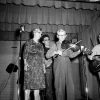
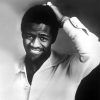
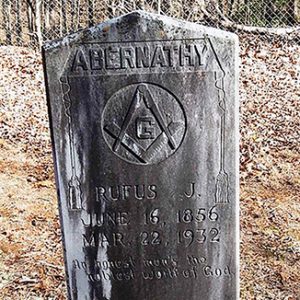
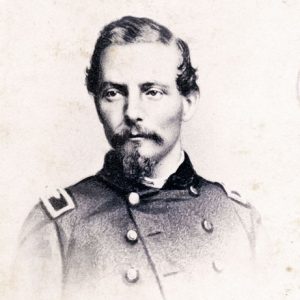
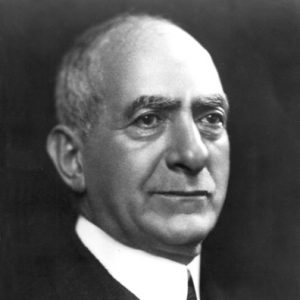
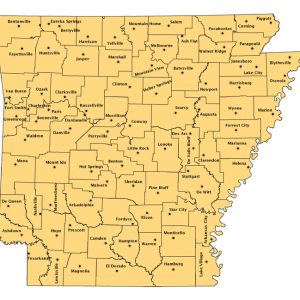
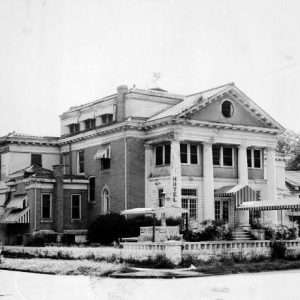




Comments
No comments on this entry yet.